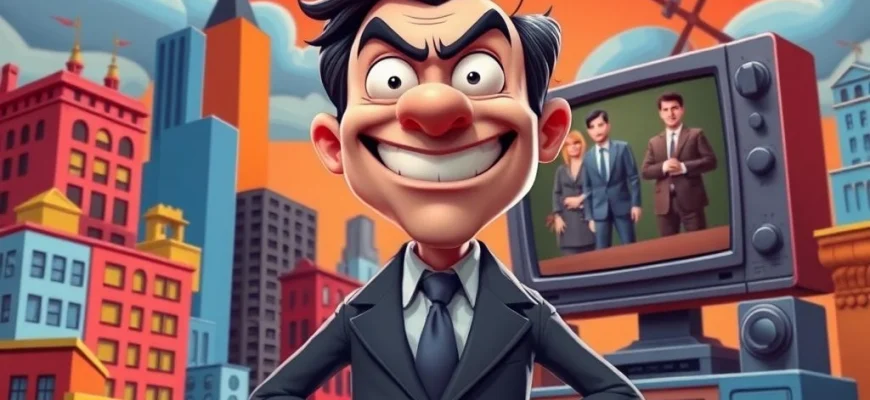If you loved the satirical and absurd humor of The Magic Christian (1969), you're in for a treat. This article explores 10 movies and shows that share its irreverent wit, social commentary, and outrageous antics. Whether you're a fan of dark comedy or biting satire, these picks will keep you entertained and thinking.
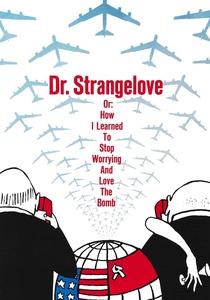
Dr. Strangelove or: How I Learned to Stop Worrying and Love the Bomb (1964)
Description: A satirical black comedy that critiques political and military absurdities, using exaggerated characters and absurd situations to highlight societal flaws.
Fact: The film was originally intended to be a serious thriller, but the director decided to turn it into a comedy after realizing the inherent absurdity of the subject matter.
 Watch Now
Watch Now 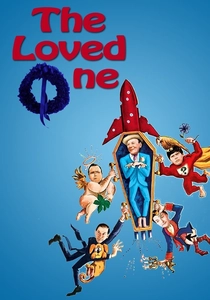
The Loved One (1965)
Description: A macabre satire on the funeral industry and American excess, blending dark humor with grotesque visuals to critique societal obsessions with death and appearances.
Fact: The film was based on a novel by Evelyn Waugh, who also wrote 'The Loved One' as a parody of the American way of death.
 Watch Now
Watch Now 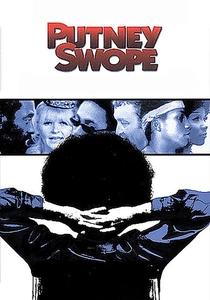
Putney Swope (1969)
Description: A subversive comedy that critiques corporate culture and racial stereotypes, using exaggerated characters and absurd scenarios to highlight societal hypocrisy.
Fact: The film was shot on a very low budget, with many scenes improvised, contributing to its raw, unpolished aesthetic.
 Watch Now
Watch Now 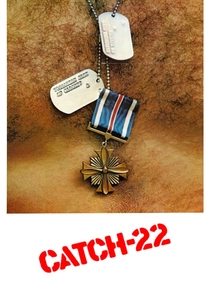
Catch-22 (1970)
Description: A darkly comedic exploration of bureaucratic insanity and the paradoxes of war, filled with eccentric characters and a surreal narrative style.
Fact: The term 'Catch-22' entered the English lexicon as a result of the novel and film, describing a no-win situation caused by contradictory rules.
 Watch Now
Watch Now 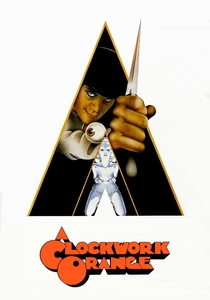
A Clockwork Orange (1971)
Description: A provocative blend of dark humor and social commentary, exploring themes of free will, violence, and societal control through a stylized, surreal lens.
Fact: The film's distinctive slang, 'Nadsat,' was created by the author of the original novel, mixing Russian and English to give the story a unique linguistic flavor.
 Watch Now
Watch Now 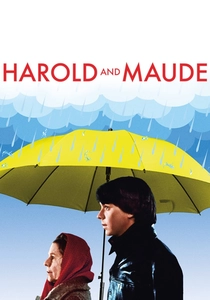
Harold and Maude (1971)
Description: A quirky, dark comedy that challenges societal norms and conventions, featuring an unconventional relationship and a tone that balances humor with existential reflection.
Fact: The film initially received mixed reviews but has since become a cult classic, celebrated for its unique blend of humor and heart.
 Watch Now
Watch Now 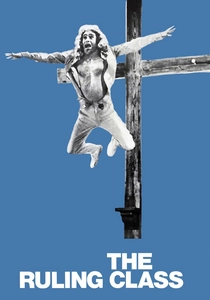
The Ruling Class (1972)
Description: A biting satire on aristocracy and mental illness, filled with absurdity and dark humor, as it follows a nobleman who believes he is Jesus Christ.
Fact: The film features a memorable musical number where the protagonist sings and dances while dressed as Jesus, adding to its surreal tone.
 Watch Now
Watch Now 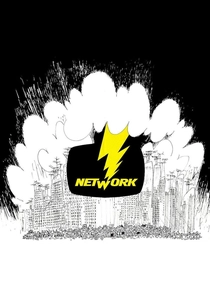
Network (1976)
Description: A sharp satire on media sensationalism and corporate greed, featuring outrageous characters and a narrative that blurs the line between reality and performance.
Fact: The famous 'I'm as mad as hell' speech was ad-libbed by the actor, adding to the film's raw, chaotic energy.
 Watch Now
Watch Now 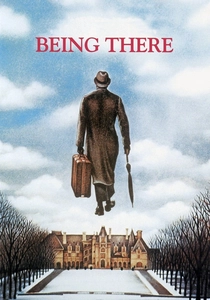
Being There (1979)
Description: A subtle satire on media, politics, and human perception, where a simple-minded man is mistaken for a genius, highlighting societal gullibility and superficiality.
Fact: The film's ending was kept secret from most of the cast and crew to preserve its impact, with only a few key people aware of how it would unfold.
 Watch Now
Watch Now 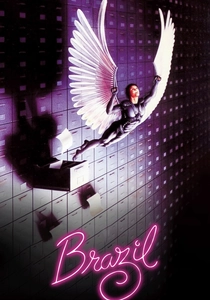
Brazil (1985)
Description: A dystopian satire that blends absurd humor with a critique of totalitarianism and bureaucratic inefficiency, featuring a protagonist trapped in a surreal, oppressive system.
Fact: The film's title was inspired by the recurring use of the song 'Brazil' in the soundtrack, which contrasts with the bleak setting.
 Watch Now
Watch Now 
